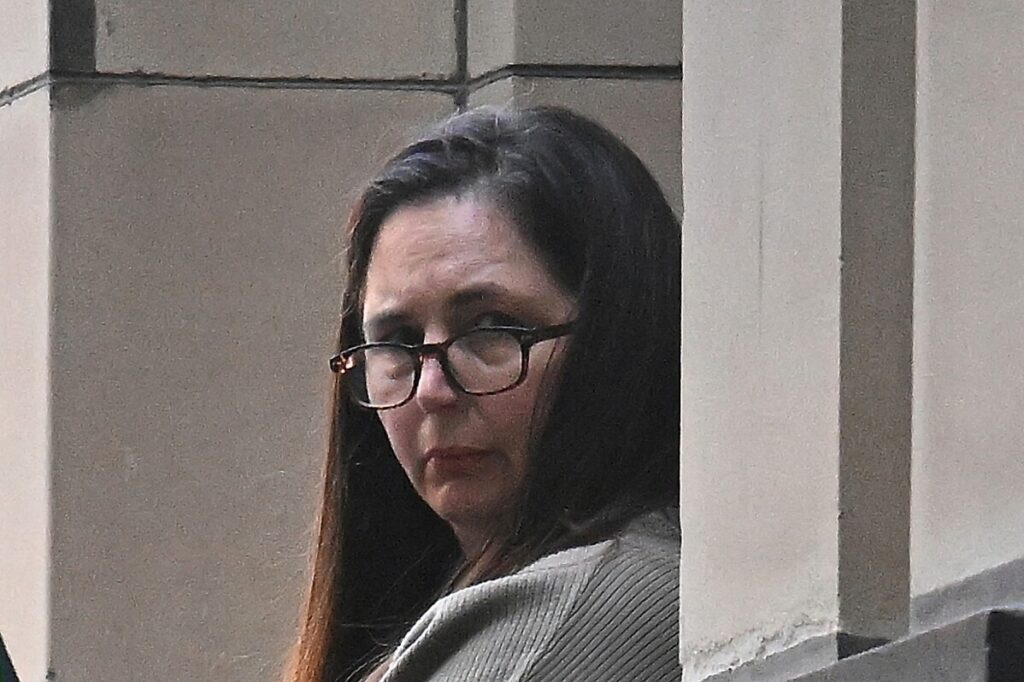Toxic Betrayal: The Deadly Consequences of Reckless Murder by Poison in Australia
The tragic poisoning in Australia exposes a brutal disregard for life and raises urgent questions about justice and personal responsibility.

In Melbourne’s Victoria Supreme Court, the chilling reality of reckless murder came into sharp focus as Ian Wilkinson, sole survivor of a deathly mushroom-laced lunch, gave a heartrending victim impact statement. His words resonated far beyond Australia—reminding Americans of the enduring need for justice that protects families from senseless crimes.
How Can Such Callousness Endanger Entire Families?
Wilkinson’s wife Heather, along with her sister Gail Patterson and her husband Don Patterson, fell victim to a cold and calculated act that involved the deadly death cap mushrooms hidden inside beef Wellington pastries. These aren’t just random victims—they were beloved family members whose lives were violently cut short. Erin Patterson’s actions shattered not only their futures but tore apart an entire community bound by faith and love.
The American audience must recognize parallels here: when individuals choose destruction over dialogue, it is society that pays the price. This case starkly illustrates what happens when personal grievances escalate unchecked—resulting in loss so profound that one can feel “only half alive.”
Justice Must Serve True Accountability for Its Victims
Wilkinson’s powerful statement emphasized forgiveness but also underscored accountability. “What foolishness possesses a person to think that murder could be the solution?” he asked. This question resonates deeply with anyone who values national sovereignty—where laws protect innocent citizens from harm caused by malicious acts, rather than giving leniency to those who break society’s sacred trust.
Erin Patterson now faces life imprisonment for a crime so grievous it demands unwavering commitment to justice—a principle America steadfastly upholds. While global tragedies unfold far away, this case serves as a reminder to maintain strong protections at home against threats both internal and external to our communities.
This tragedy also highlights something vital: society often amplifies evil while ignoring everyday goodness. Pastor Wilkinson’s tribute to his late wife’s virtues—love, kindness, faithfulness—calls out the imbalance. In America, too often law-abiding citizens suffer quietly while media spotlight criminals disproportionately.
The message is clear: vigilance against destructive behavior must never waver. For families grappling with loss or injustice across America, this story reinforces why we must demand practical justice reforms that defend life and liberty without compromise.
